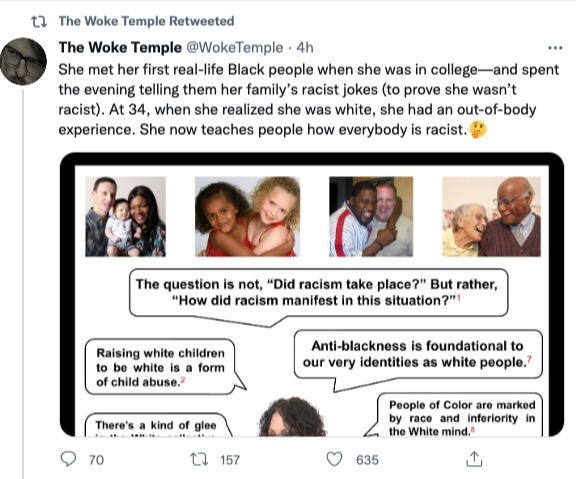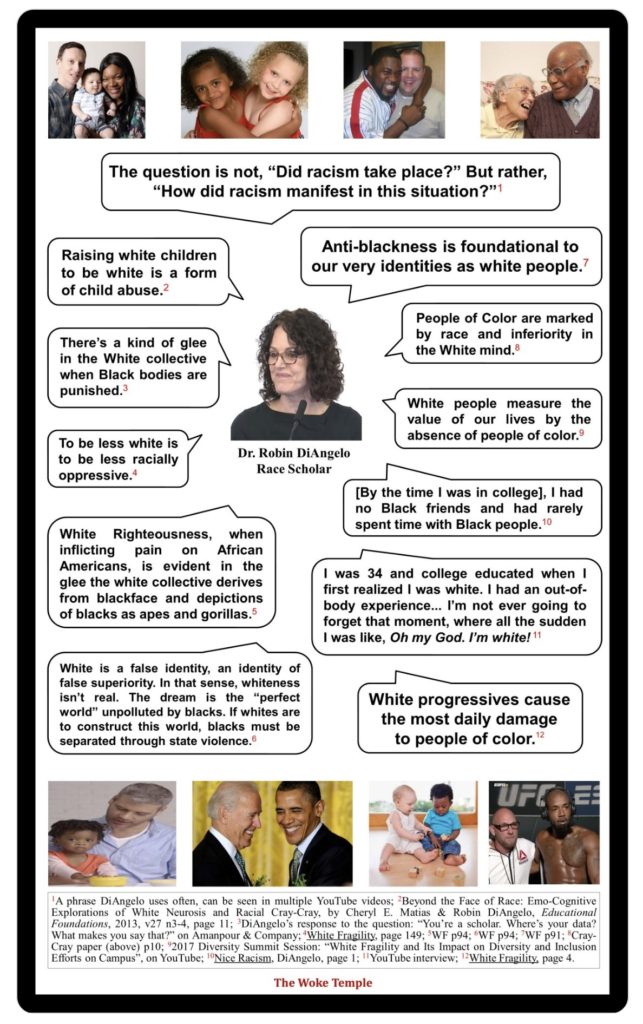NPR Incoherently Lashes Out at “Free Speech”
Matt Taibbi's latest article, with which I completely agree: "NPR Trashes Free Speech. A Brief Response: In an irony only public radio could miss, "On the Media" hosts an hour on the perils of "free speech absolutism" without interviewing a defender of free speech." An excerpt:
The guests for NPR’s just-released On The Media episode about the dangers of free speech included Andrew Marantz, author of an article called, “Free Speech is Killing Us”; P.E. Moskowitz, author of “The Case Against Free Speech”; Susan Benesch, director of the “Dangerous Speech Project”; and Berkeley professor John Powell, whose contribution was to rip John Stuart Mill’s defense of free speech in On Liberty as “wrong.”
That’s about right for NPR, which for years now has regularly congratulated itself for being a beacon of diversity while expunging every conceivable alternative point of view.
I always liked Brooke Gladstone, but this episode of On The Media was shockingly dishonest. The show was a compendium of every neo-authoritarian argument for speech control one finds on Twitter, beginning with the blanket labeling of censorship critics as “speech absolutists” (most are not) and continuing with shameless revisions of the history of episodes like the ACLU’s mid-seventies defense of Nazi marchers at Skokie, Illinois.
The essence of arguments made by all of NPR’s guests is that the modern conception of speech rights is based upon John Stuart Mill’s outdated conception of harm, which they summarized as saying, “My freedom to swing my fist ends at the tip of your nose.”
Because, they say, we now know that people can be harmed by something other than physical violence, Mill (whose thoughts NPR overlaid with harpsichord music, so we could be reminded how antiquated they are) was wrong, and we have to recalibrate our understanding of speech rights accordingly.
This was already an absurd and bizarre take, but what came next was worse. I was stunned by Marantz and Powell’s take on Brandenburg v. Ohio, our current legal standard for speech, which prevents the government from intervening except in cases of incitement to “imminent lawless action”:
"MARANTZ: Neo-Nazi rhetoric about gassing Jews, that might inflict psychological harm on a Holocaust survivor, but as long as there’s no immediate incitement to physical violence, the government considers that protected… The village of Skokie tried to stop the Nazis from marching, but the ACLU took the case to the Supreme Court, and the court upheld the Nazis’ right to march.
POWELL: The speech absolutists try to say, “You can’t regulate speech…” Why? “Well, because it would harm the speaker. It would somehow truncate their expression and their self-determination.” And you say, okay, what’s the harm? “Well, the harm is, a psychological harm.” Wait a minute, I thought you said psychological harms did not count?"
This is not remotely accurate as a description of what happened in Skokie. People like eventual ACLU chief Ira Glasser and lawyer David Goldberger had spent much of the sixties fighting the civil rights movement. The entire justification of these activists and lawyers — Jewish activists and lawyers, incidentally, who despised what neo-Nazi plaintiff Frank Collin stood for — was based not upon a vague notion of preventing “psychological harm,” but on a desire to protect minority rights . . . .
.
If you are wondering whether Taibbi is accurately portraying this NPR discussion, I invite you to listen to it here. NPR's conversation is stunningly muddled and incoherent. None of the guests show any meaningful familiarity with the work of John Stuart Mill. None of the participants demonstrate a working understanding of the First Amendment or the case law interpreting it. The result is that most of the discussion is aimed at straw men. And fully in line with what NPR has done, it stirred in a discussion of the "implicit bias" test in this free speech discussion, the perfect cherry on top for NPR's increasingly woke audience. This is what passes for a meaningful discussion at NPR.


